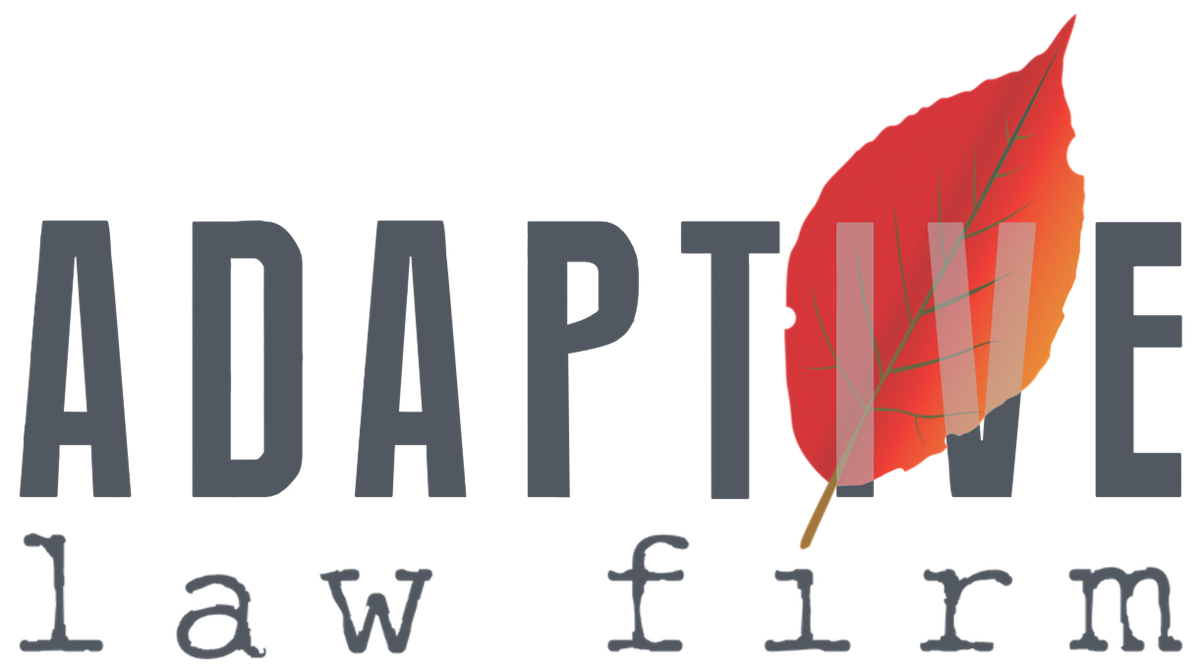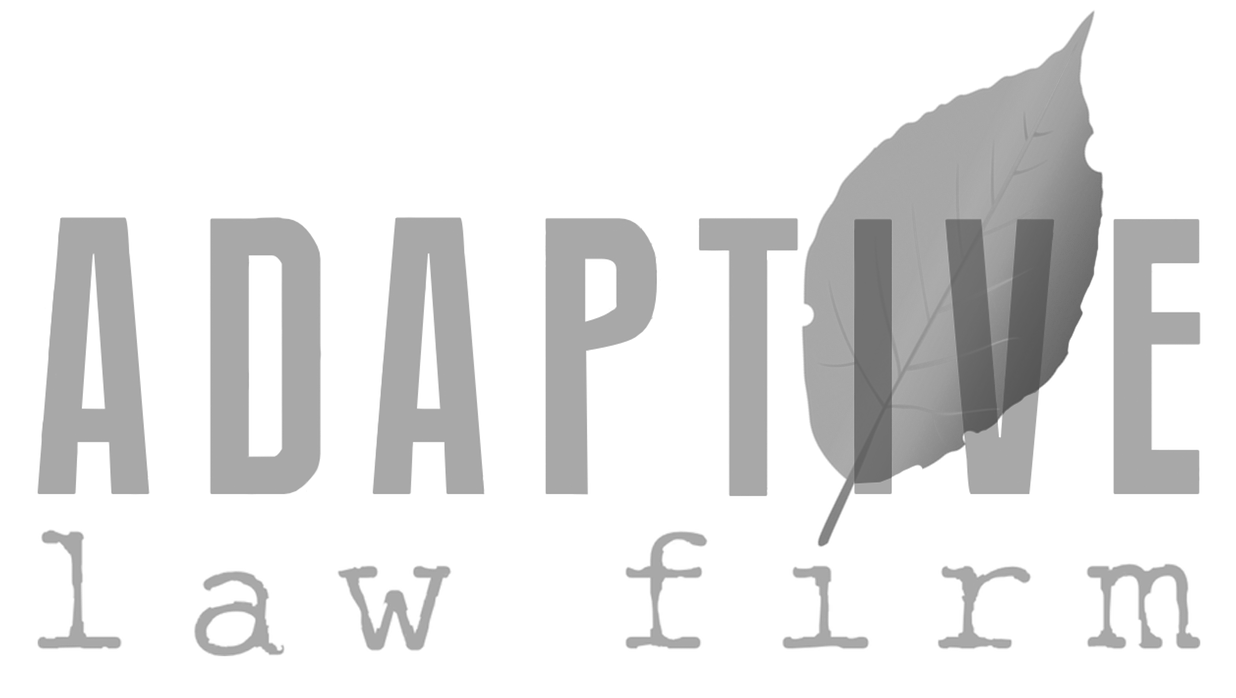This post is for you Washingtonians who, for a variety of reasons, may want or need to prepare powers of attorney on your own. This could be because you are a Do-It-Yourself-er by nature, because you need something more quickly than I or another attorney is able to provide (such as during a medical emergency), or because you simply cannot afford the added expense. This might be a stop-gap measure until you’re able to obtain legal assistance and prepare a more full estate plan, or it might simply be all you need for now.
Regardless, the tips below are purely that—tips. This is not legal advice. To provide legal advice, I would need to take into consideration your personal circumstances, which I obviously cannot do in a blog post. I am a strong believer though that a little knowledge can go a long way, so here’s what I can provide as you head down the DIY path:
Know what a power of attorney is.
A power of attorney—whether for health care or finances—allows you to share power with another person (your “agent”) while you are alive. It does not take away your power to manage your own affairs. It can go into effect immediately upon signing, or it can go into effect if and when you become incapacitated. What incapacitated means can and should be defined in the document, but generally refers to a person’s inability to effectively manage their own affairs.
Take care in choosing your agent.
You need to trust your agent. Yes, there are laws that protect you from bad actors, but it can be costly to pursue legal action against your agent. More importantly, it’s often too late to recover whatever has been lost. There is also no rule saying you must appoint your first born as your primary agent. If that child is horrible at managing their own finances, they won’t be any better at managing yours. If you are appointing a professional agent or corporate entity, make sure to talk with them first.
Use reliable forms.
There are many power of attorney forms out there for the DIY-er. The forms I direct people to are maintained and made available by Northwest Justice Project. Here is the link. If you are using different forms, make sure they are Washington specific. That means they were designed for Washington residents using Washington law. If you can’t tell, then I would play it safe and assume they are not.
Understand your forms.
Read the instructions, read the glossary, read the fine print. Make sure you understand what you are creating. If you do not understand the language being use, or are not comfortable with it for any reason, you should not use that form. Find another one or seek legal advice.
Do not alter your forms.
That paragraph you delete or modify may invalidate your entire document, or at least make it less effective. Be especially careful to not alter (or ignore) anything in the signature area—including your own dated signature, any notary blocks, and any witness requirements. If the document was prepared for Washington residents, then any signature requirements are likely necessary to make the document effective.
Use a “disinterested” notary.
When notarizing and/or witnessing documents, according to the instructions provided on or with your form documents, make sure that the notary and witnesses have no interest whatsoever in your estate or your health. Do not use family members (or their spouses), even if you have not specifically named them in your documents; do not use anyone you have named as an agent; and do not use anyone who might ultimately receive a share of your estate after you die. If in doubt, find someone else.
Revoke and amend as needed.
If you lose faith in any of your named agents, or your circumstances change (or theirs change), be sure to update your documents. Preferably, you will create new powers of attorney that specifically revoke and replace your current document(s). That way you are not without a power of attorney. However, there may be circumstances where you need to simply revoke their powers until something new can be prepared. Bottom line, stay on top of your powers of attorney, know who you have named as agents, and update as often as needed. Please do not wait twenty years to review. Think back on your life and just how much things change over the period of ten, twenty (or even five) years.
If you need further assistance and are unable to afford legal services, please reach out to Northwest Justice Project or your local legal aid office and ask about any estate planning or power of attorney legal clinics in your area. In Skagit County where our offices are located, you can reach out to Skagit Legal Aid or contact Northwest Justice Project through the CLEAR Hotline. You may also search the Skagit County Bar Association website for estate planning attorneys in your area. Or, if you would like to work with Adaptive Law, I invite you to complete our Quiz.
Regardless of your route, I wish you all the best in managing your affairs now and into the future.

